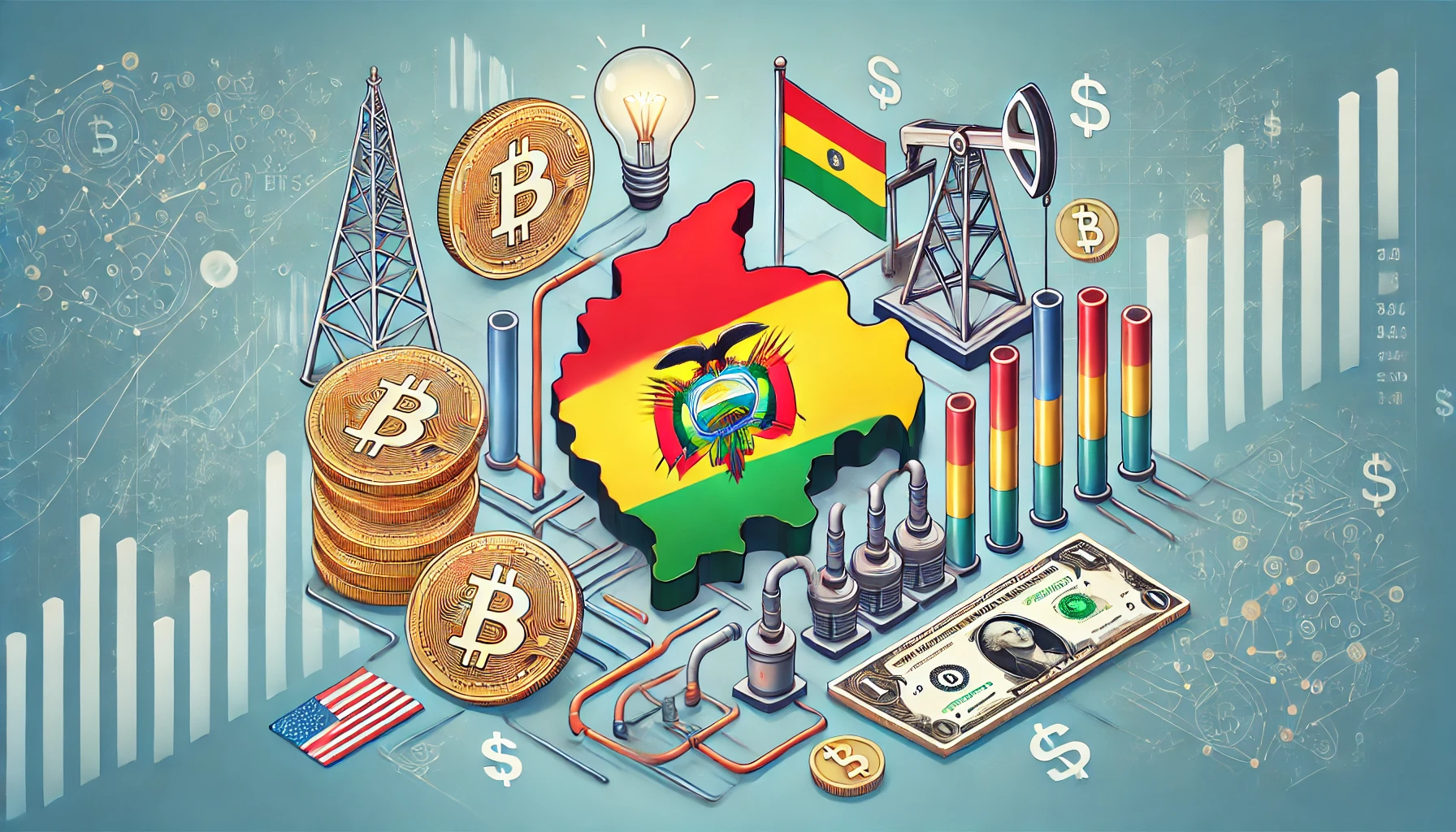Bolivia wants to pay energy imports by cryptocurrency due to lack of foreign exchange

- Paying energy imports with cryptocurrency could fix the nationwide gasoline deficiency and relieve the dollar shortage.
- The success of this strategy depends on the effective implementation and pragmatic cryptor regulation.
Bolivia is one of the ten countries that have imposed strict crypto limits or complete bans and have concerns about financial stability, fraud prevention and economic control. Bolivia is in a severe economic crisis, which is characterized by a lack of foreign exchange, dwindling natural gas production and escalating fuel shortages.
In response to this, the state energy company Yacimientos Petrolíferos Fiscales Bolivianos (YPFB) announced plans to use cryptocurrency for energy imports, which is significant change in the country’s approach.
According to Reuters, a company spokesman said that the new payment system should serve to support the national fuel subsidies in Bolivia in a time of the lack of hard currency.
Economic downturn and fuel shortage
Once a net energy exporter, Bolivia’s natural gas exports have decreased sharply in the past ten years, as there is a lack of new discoveries and investments in this sector. This downturn has led to an exhaustion of the foreign exchange reserves, which makes it difficult to maintain fuel subsidies and import important goods.
The resulting fuel shortage led to long snakes at the petrol stations and triggered protests across the country that disturbed daily life and economic activities.
Cryptocurrency for energy imports
In an innovative step to avoid the dollar shortage, YPFB has received the government’s approval of carrying out transactions with digital assets.
A spokesman for YPFB said that a system for facilitating crypto payments for fuel imports was introduced in order to stabilize domestic fuel supply despite financial bottlenecks.
The crypto trend in South America
Bolivia’s turn to cryptocurrencies corresponds to a wider trend in South America, Argentina and Venezuela also integrated digital assets into their energy sector.
Despite the potential advantages, the introduction of cryptocurrencies in Bolivia for energy imports is associated with challenges, including regulatory uncertainties and the volatility that is peculiar to the markets for digital assets.
Bolivia’s success in the introduction of cryptocurrency for energy imports will depend on effective implementation and the ability to adapt to the fast -developing global financial environment.
The recent course of Bitcoin (BTC) illustrates the general uncertainty on the cryptom market. BTC is currently being traded at around $ 83,587, which reflects an increase of 2.15 % in the last few days and a decrease of 8.77 % last week.






No Comments